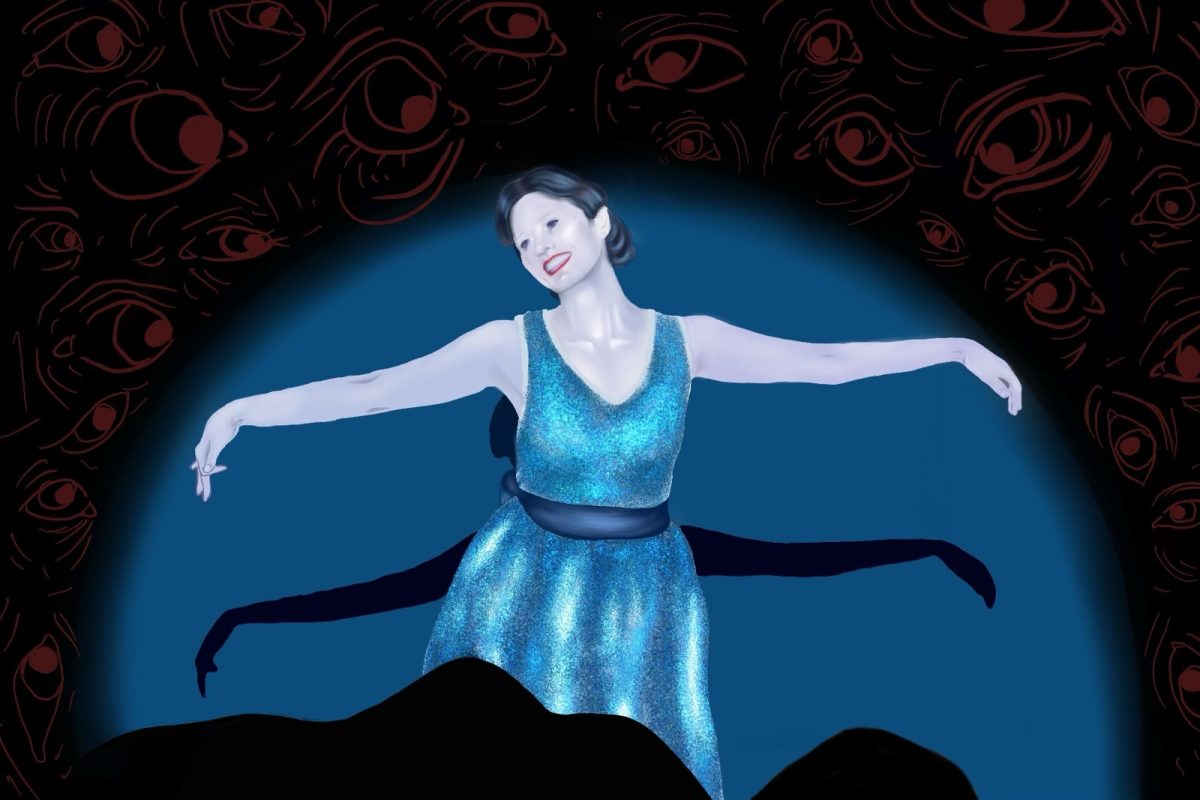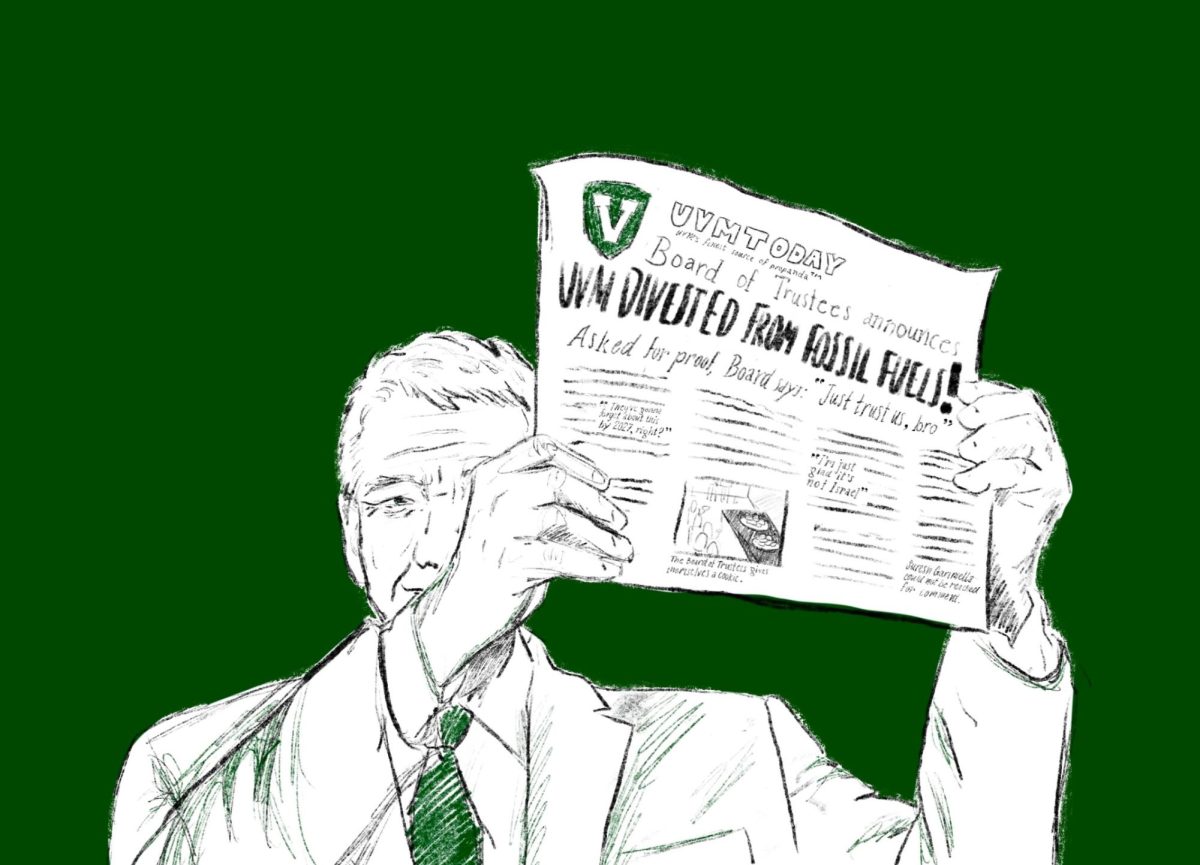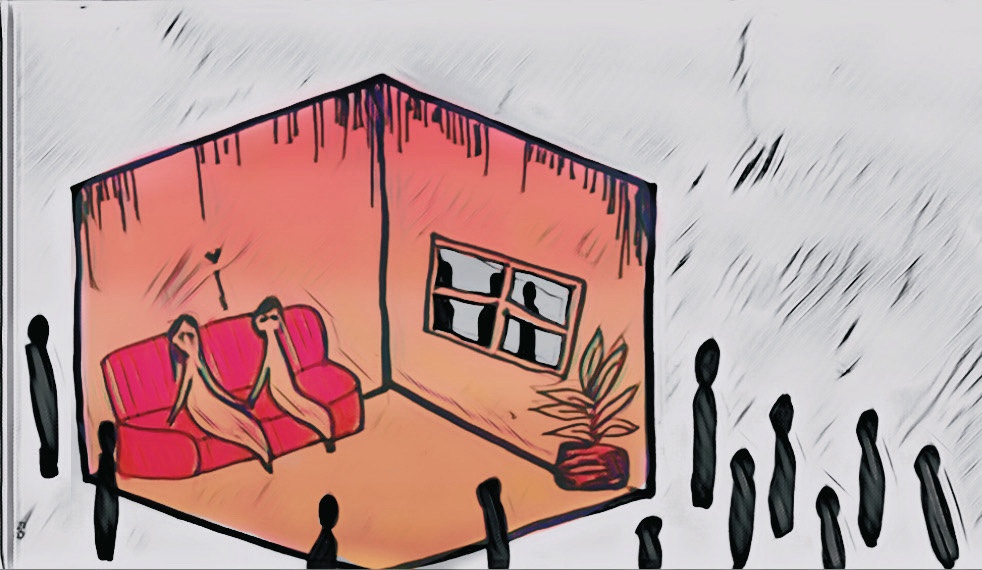The right to free speech and media is a testament of American democracy. The Cynic’s 130th anniversary as a student voice marks not only the tradition of speech, but also the commitment of the University to a student’s right to voice and information.
But, as in any anniversary, we must examine and reflect upon such commitments: has the university supported the students’ voice in an unequivocal and uninhibited manner?
In a time of political strife and backdoor metadata policies, it is important to investigate student censorship, while also embracing the freedom of speech we have as both a paper and as a student body.
Let me bring you back a few weeks and remark upon the other prominent newspaper published by fellow students: The Watertower. The Watertower’s access to the computer lab where they print was temporarily revoked; this was after longstanding approval by the University for them to work there.
Yet, at the flip of a switch, this ability was gone. With strong student support, The Watertower was allowed back in to continue their work.
Though the school may not be directly responsible for the incident, it is important to note how fragile our access to speech is, how quick it can be taken away. It also shows how the organized voice of the student body can bring about change.
In the fall of 2013, the Foundation of Individual Rights in Education (FIRE) conducted a study on the rights afforded to students at universities across the nation, according to an article in The Cynic published Nov. 5.
Out of a three color ranking system (red, yellow, and green-ranked from most obstructed to least), our university fell into the 32 percent pool of yellow light schools.
Such a color entails our University “encourages administrative abuse and arbitrary application.” Notably, the organization mentioned a prime source for their decision to cast the yellow light on UVM was its restriction of “a wide swath of constitutionally protected speech, as much speech that is ‘demeaning’… is protected by the first amendment.”
The question becomes: how do we deal with demeaning speech, while also protecting the right to such speech?
In the article published by FIRE, 63.7 percent of schools were given red marks, 32 percent were given yellow and 3.7 percent were given green lights. Perhaps, such questions point to a larger issue: universities do not know how to properly handle speech and other freedoms, while also maintaining an equal space for all.
But, perhaps even more so, an uninhibited forum for discussion like a newspaper can be a powerful source through which the voice of the student can be relayed and such demeaning speech can be addressed.
I believe a free newspaper run by students can bring about social change by confronting these issues in a straightforward, peer-oriented manner.












![Can’t buy me [self] love](https://vtcynic.com/wp-content/uploads/2024/04/self-care-FINAL-1200x796.jpg)



